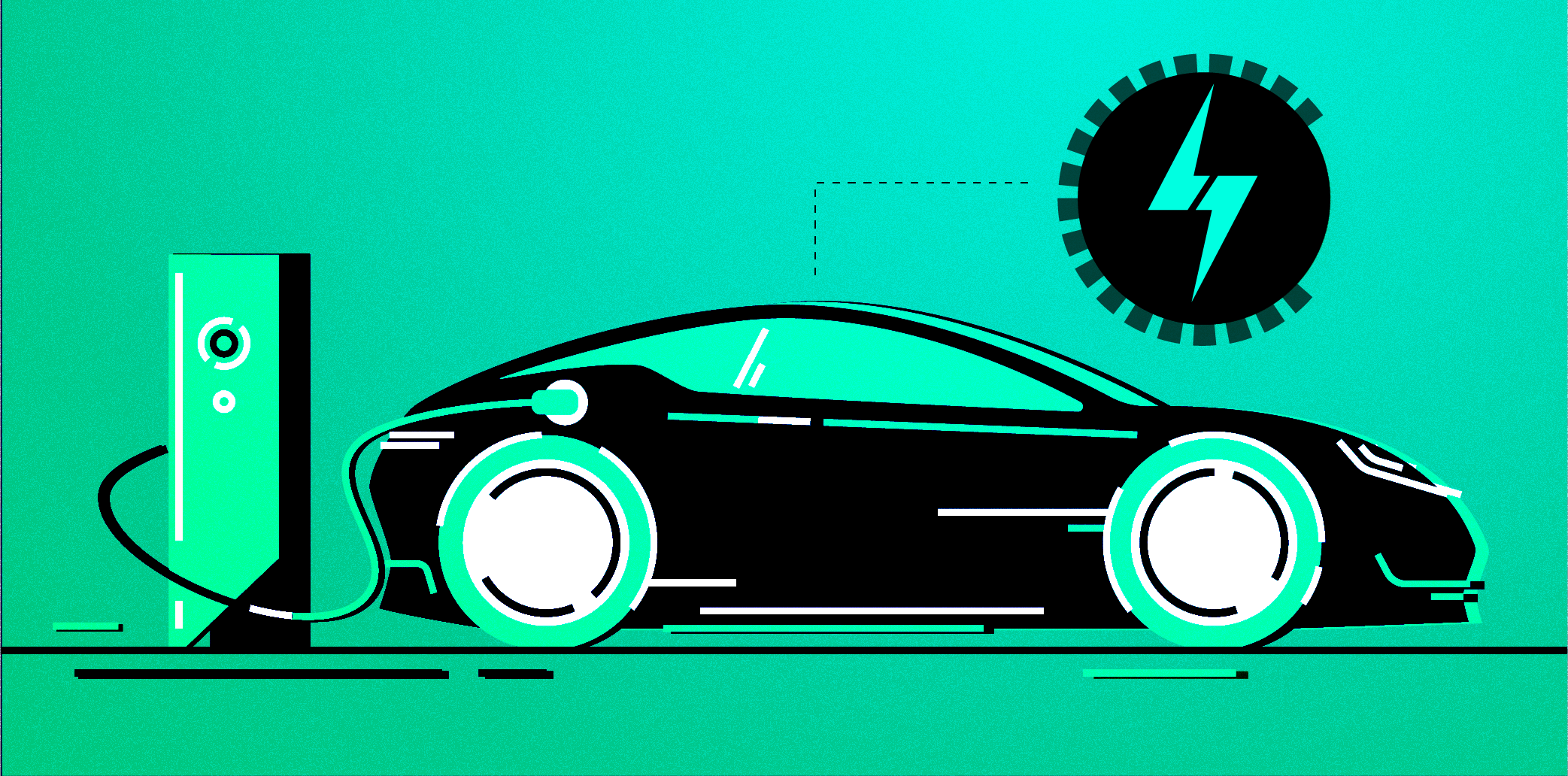China may be headed for a glut of electric vehicles in a few years as manufacturers rush to add capacity, seeking bigger slices of the world’s top auto market.
In a sign of how eager local governments are to boost production, state-owned Dongfeng Motor received approval for a site to make 100,000 new energy vehicles (NEVs) yearly in its hometown of Wuhan in just one day, instead of the roughly one month that is usually needed.
NEVs are what China calls electric cars, plug-in hybrids, and other electrified autos. A rule that took full effect in 2020 requires automakers operating in China to meet output and sales quotas for NEVs. Fueled by government support in the form of subsidies, China’s shift away from gasoline vehicles accelerated.
China sold 3.52 million new energy vehicles in 2021, a 160% surge from the previous year. EVs accounted for 2.91 million—far greater than U.S. sales of fewer than 1 million. China’s NEV sales are expected to reach 5 million in 2022, the equivalent of the entire new-automobile market in Japan.
NEVs made up 14% of China’s passenger car sales last year, according to U.K. research firm LMC Automotive.
Global automakers are betting on higher demand. The Chinese joint venture of Volkswagen’s Audi reportedly won approval in February to build a factory to produce 150,000 vehicles yearly. Honda Motor is pursuing approval for capacity expansion at a joint venture in China.
But capacity is growing faster than sales. Annual production capacity for passenger car NEVs totaled 5.69 million vehicles at the end of 2021, the China Passenger Cars Association said, putting factory usage at 58%.
Auto factories now under construction will have a total passenger car capacity of 10.46 million vehicles, with a majority thought to be for NEVs. Generally, NEV plants come online about two years after the start of construction. Once all these factories are operating, China is expected to reach a capacity of 15 million vehicles.
If Chinese NEV sales reach 7 million vehicles in 2025, factory usage would fall short of 50%, raising the risk of producing cars at a loss.
“Disorderly competition is ongoing in the NEV field, and this will lead to a serious overcapacity problem,” Tan Xuguang, chairman of powertrain supplier Weichai Holding Group, is quoted as saying in local media. Wang Fengying, CEO of Great Wall Motor, has called for “strict controls” on new capacity increases.
Some automakers already feel squeezed. A creditor for Byton has demanded that the EV startup enter bankruptcy proceedings after its financial problems surfaced. Zotye, which had a joint venture plan with Ford Motor, is in reorganization.
Multinationals are not immune to the pressure. A joint venture of Hyundai Motor fell behind in its shift to EVs and sold part of its Beijing factory to startup Li Auto in 2021. Operations at a Chongqing assembly plant have been suspended amid speculation of a sale.
Oversupply could spur consolidation in the Chinese NEV industry, which has about 200 companies. The government may step in as well, restricting capacity increases.
“Reckless investments and disorderly efforts can be seen in the country’s NEV industry,” Lin Nianxiu, vice chairman of the National Development and Reform Commission, China’s economic planning body, warned in March.
This article first appeared on Nikkei Asia. It has been republished here as part of 36Kr’s ongoing partnership with Nikkei.

